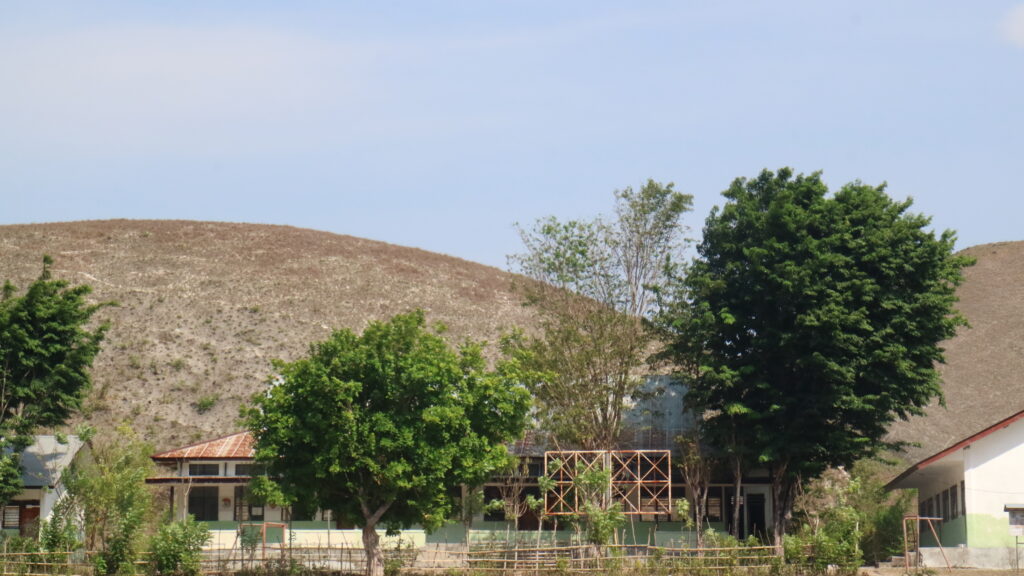My encounter with Marapu devotees in East Sumba led to big questions regarding the issue of social inclusion, including in the education sector. Can students who live in Marapu access inclusive education in their schools? As a native belief on Sumba Island, Marapu is a belief in the Almighty God. Where adherents establish a relationship with the Creator through the intermediary of Marapu - ancestors or forefathers.
The latest data from the Ministry of Religion of East Sumba Regency shows that the number of Marapu adherents is 16,790 people. However, the existence of thousands of Marapu devotees has not yet had their rights recognized by the government. Namely, presenting Marapu instructors – the name for Marapu subject teachers – evenly.
As a result, hundreds of students who are Marapu adherents are still unable to access Marapu education in an inclusive manner. So, they are forced to receive Christian, Catholic or Islamic religious education.
At the Lii Marapu Symposium which was held on October 26 2023, the East Sumba Education Service said that until now the presence of Marapu instructors was still very limited. As a result, Marapu education cannot yet be implemented formally in all schools in East Sumba. This is one of the main factors in the decline in the number of Marapu devotees from year to year.
In Kalamba Village, for example, the absence of counselors at Kalamba Elementary School is the main reason the school does not provide Marapu education. Umbu Happu Madaili, one of the traditional leaders of Kalamba Village, said that the phenomenon that occurred had implications for the disappearance of Marapu's young generation. “Children have no choice but to receive Christian religious education at Kalamba Elementary School. "In fact, Marapu is a belief held by the majority of the population of this village, including elementary school age children," said Umbu Happu Madaili.
What happened in Kalamba village is of particular concern in Ndapayami Village, Kanatang District. At the ratification of the Village Regulations (Perdes) for Traditional Institutions, the people of Ndapayami Village presented the presence of Marapu counselors in their village. Even though they are not yet actively teaching, the presence of Marapu instructors in Ndapayami village is a breath of fresh air for inclusive education in the village. PEMDES also has the responsibility to ensure the presence of Marapu extension workers to continue to maintain Marapu culture and rituals.
The conditions of these two villages make it clearer the importance of creating an inclusive education system and curriculum, including for adherents of religious beliefs. Rambu Kahi Ata Minya, one of eighteen Marapu instructors in East Sumba, said that so far he feels that Marapu education is not taught enough at a theoretical level. But it requires a practice-based portion of education. He conveyed this when he was one of the speakers at the Lii Marapu Symposium.
Of course, this is a challenge considering that the practice of hamayang – the term for the worship practice of Marapu devotees – cannot be carried out by just anyone. Therefore, the Marapu educational teaching materials that have been prepared by the Ministry of Education and Culture still require innovation. About how practice-based education can be taught to students.
This is what must be of concern to various parties, including the Lestari Earth Institute (LBL). Currently, LBL is trying to collaborate with Marapu extension workers in the villages it supports, such as Kalamba Village. This is useful so that LBL can recommend the involvement of Marapu figures in teaching practice-based Marapu education.
*This article was written by Gembong Hanung_Estungkara Internship Student_FISIPOL UGM 2023


